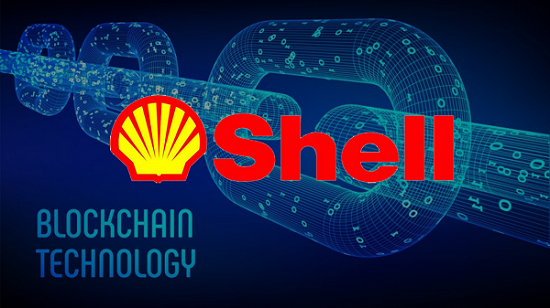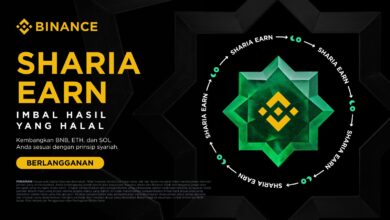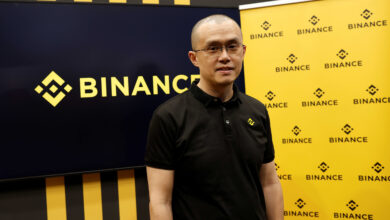DeFiFeaturedPolicies & Regulations
Shell pilots blockchain in energy sector

A recent article written by Sabine Brink , Shell Blockchain lead, she discusses Digital technologies, such as artificial intelligence, internet of things and blockchain role in creating a more sustainable and resilient low-carbon energy system.
She first defines Blockchain as a new way of sharing information. As she explains, “Think of it as a decentralised digital ledger that records transactions and stores information, from financial transactions to medical records and assets like property. Traditionally, transactional information is stored in one central ledger or database. A blockchain is a ledger too, but one that stores data in encrypted blocks, across a distributed network of computers. No single party controls the blockchain. Security comes from knowing that the computers on the network must validate any new transaction. This creates a transparent, tamper proof record of transactions and data. Time and money can be saved by minimising the need for verification of authenticity from third-party intermediaries and automating processes. When an asset is recorded on a blockchain, the audit trail shows where it came from and its full transaction history, helping to verify the authenticity. As this record is shared between the parties within a blockchain, they don’t need to reconcile across systems to verify that the asset exists.”
When it comes to the energy sector, Blockchain can make it possible to track low-carbon energy and certificates from their origin through every stage and transaction. For example, this could bring an additional layer of certainty to customers that the electricity or green hydrogen they purchase is from renewable sources or that the carbon credit scheme they signed up for represents the removal of carbon from the atmosphere and is not double counted.
As blockchain can track renewable energy from source to consumption it can give customers additional insight into its low carbon attributes. This is possible when the blockchain includes data such as the time, location and carbon intensity of the energy production. For example, a smart solar panel could directly provide this data to a blockchain ledger.
As well as being a source of trust, blockchain has the potential to transform the way parties across a value chain interact, making new collaborations possible.
There is a clear shift going on in the energy industry. The traditional, linear flow of energy from producers to consumers is becoming increasingly fragmented and decentralised. A web of renewable energy generating assets are joining the energy system. Blockchain is one of the digital technologies which can bring more direct engagement between the energy producer and consumer. Blockchain could enable individuals, companies, and even smart devices such as solar panels and battery systems to interact and transact directly. With this, blockchain can play a key role in the energy transition, but blockchain alone will not be enough. A digital infrastructure would be needed that is made up of a suite of technologies, including blockchain, that enables digital orchestration at scale.
As for blockchain in Shell, it is building capability in blockchain. We already have multiple blockchain proof-of-concepts and a pilot project in areas ranging from proving the origin of energy to equipment source verification.
In collaboration with industry parties, Shell has completed a pilot project that creates digital passports for equipment and allows these to be tracked throughout its lifecycle. This solution reduces the mass of paperwork that would be needed in conventional audit trails, increase productivity and help ensure safer operations for every party within the ecosystem. On top of that, engineers can conduct component inspections remotely, thereby reducing travel requirements.
At Shell, the majority of the blockchain projects aim to help support finding solutions for the energy transition. For example:
Shell is exploring the potential for using blockchain to encourage wider adoption of sustainable fuels in the transport sector. We are also looking at blockchain as a way of verifying that hydrogen comes from sustainable sources.
We are exploring blockchain as a way to ensure the validity of carbon credit programmes. By tracking the progress and effectiveness of nature-based solutions for carbon capture or avoided emissions, blockchain could identify and avoid double counting of carbon credits and help to maintain the quality of re-/afforestation or conservation projects.
Shell is a founding member of The Energy Web Foundation, which aims to accelerate a low carbon, customer-centric electricity system. As part of this drive, the Foundation has published open source toolkits enabling any energy asset owned by any customer to participate in any energy market.
Digitalisation is helping the energy industry address a range of challenges. With its potential to build trust, establish new connections and disrupt established value chains, blockchain could be a foundational technology that accelerates the energy transition. Much progress has been made, but blockchain technology, governance models and regulation need to mature further. At Shell, we are learning, building decentralised applications and collaborating with others with the aim to accelerate the development of low-carbon energy.





